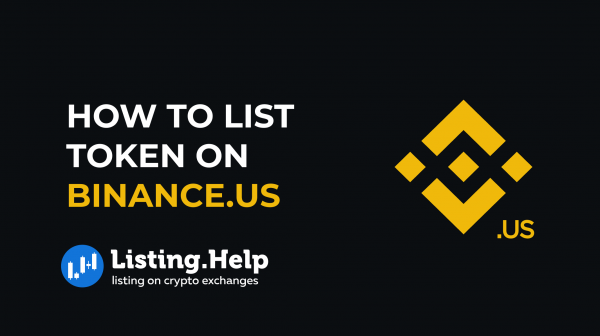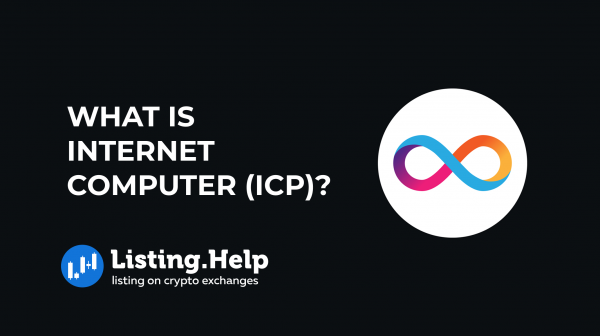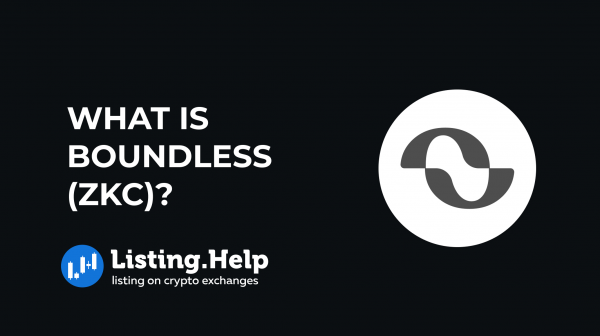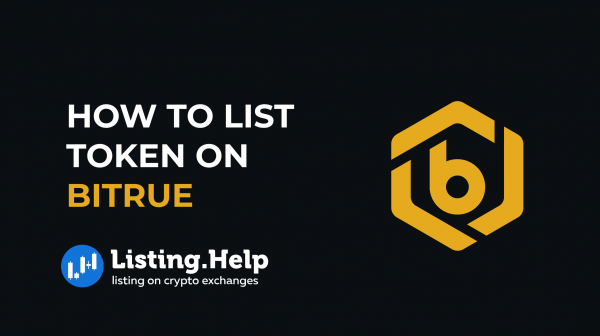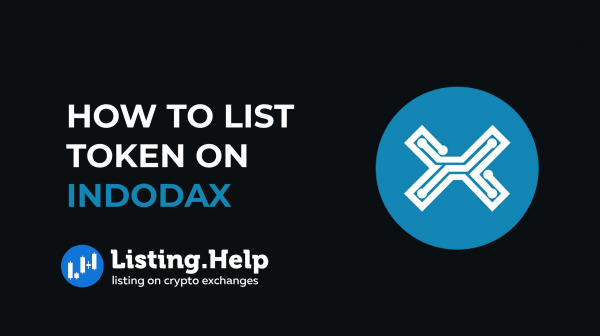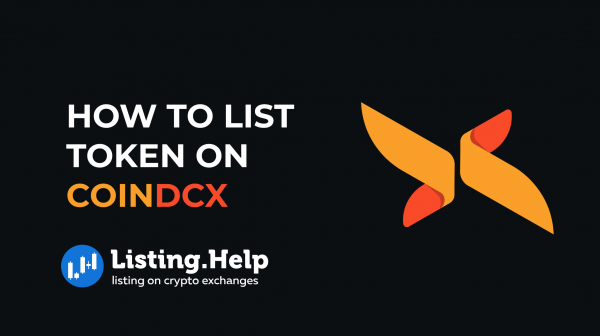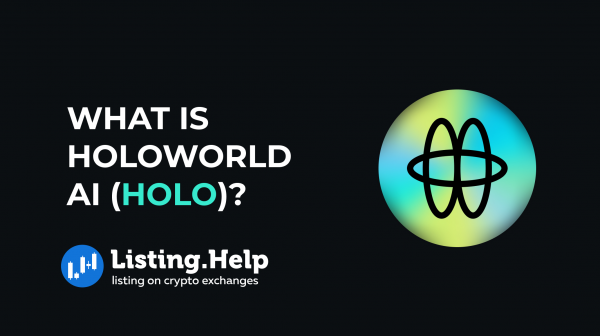How to List a Token or Coin on Gemini: Step-by-Step Guide
 October 9, 2025
October 9, 2025 Updated: October 9 2025, 01:04
Updated: October 9 2025, 01:04
LEAVE A REQUEST
Launching your own token project? Our experts are ready to help with listing on exchanges, market making, marketing and other solutions
SUBMIT APPLICATIONGemini is one of the most regulated cryptocurrency exchanges in the U.S., known for its security standards, transparency, and institutional-grade infrastructure. Listing on Gemini provides projects with access to a U.S. and EU user base while reinforcing investor confidence and brand credibility.
This guide walks you through the complete listing process — from preparing your documentation and submitting an application via the Gemini Asset Listing Hub to post-listing integration and marketing strategies. It covers key evaluation criteria, due diligence steps, timelines, and common pitfalls that can delay approval.

Why Gemini? Main features of the platform
Gemini is a U.S.-regulated cryptocurrency exchange supervised by the New York State Department of Financial Services (NYDFS). It’s recognized for its transparency, robust security architecture, and adherence to international standards such as SOC 2 Type 2 and ISO 27001. These certifications highlight Gemini’s mature risk management and data protection practices.
The platform serves both institutional and retail clients, offering secure trading, custody, and corporate asset storage solutions. Gemini continues to expand its trading & custody infrastructure, providing a compliant environment for managing digital assets. For blockchain projects, a Gemini listing is not merely an exchange placement but a validation of transparency, sound tokenomics, and legal readiness.
Legal and compliance rigor are central to the Gemini listing process. Every asset undergoes detailed assessment under the Gemini Digital Asset Framework, which evaluates smart contract security, market integrity, KYC/AML compliance, and securities characteristics. This meticulous approach reinforces trust from regulators and positions Gemini as one of the most secure gateways into the U.S. crypto market
Ways of listing on Gemini
Gemini supports digital assets through two primary modes: custody (storage only) and trading (listed for public trading). In the custody-only model, a token becomes available for secure storage within Gemini’s regulated custody infrastructure but is not yet paired for market trading. This option is often used by institutional clients seeking regulated asset custody without market exposure.
Once a token completes the due diligence and compliance review, it may be approved for trading and added to Gemini’s list of supported assets. At this stage, deposits, withdrawals, and spot trading become available to users. Gemini maintains a clear distinction between custody and trading statuses to ensure full regulatory alignment and user protection.
This two-phase integration model enables Gemini to onboard new tokens progressively — starting with custody evaluation and moving toward active trading once all legal and technical conditions are satisfied. It minimizes risks and brings transparency to the Gemini listing process for both projects and exchange users.
Listing Requirements: What to Gather Before Applying
Before submitting an application via the Gemini Asset Listing Hub, teams should ensure their project meets Gemini’s baseline standards. The exchange evaluates each token holistically — based on technical maturity, legal transparency, compliance posture, and overall team credibility. Thorough preparation speeds up due diligence and increases the likelihood of approval.
Due diligence checklist
Under the Gemini due diligence process, projects are assessed according to the Gemini Digital Asset Framework. The following materials are typically required:
- Whitepaper and tokenomics (objectives, distribution, vesting, and use cases).
- Official website and active social media (Twitter/X, Telegram, Discord).
- Company and team details, including legal entity information and contact data.
- Smart contract audit specifying auditor, date, and scope.
- Contract addresses and supported networks (e.g., Ethereum ERC-20, Solana, Base).
- Disclosure policy, covering team allocations and partner tokens.
Providing complete and consistent documentation helps Gemini assess a project’s credibility and compliance readiness.
Technical readiness
Gemini prioritizes projects with proven technical stability and clear network compatibility. Before applying, ensure that:
- the contract adheres to the network’s technical standard (e.g., ERC-20 or SPL);
- decimals, total supply, and contract address are properly defined;
- a market-making strategy is prepared;
- the marketing plan is complete and ready to launch.
A transparent technical setup demonstrates that the token can be safely integrated into Gemini’s ecosystem with minimal risk.
Compliance & legal basics
As a regulated exchange, Gemini places strong emphasis on KYC/AML compliance and legal clarity. Projects must demonstrate:
- absence of sanctions or AML-related risks;
- completed KYC for the project team and entity;
- a legal opinion confirming the token’s non-security status;
- clear adherence to disclosure and reporting standards.
Gemini often references frameworks like Gemini SG Framework, which outline best practices for regulatory assessment and market integrity. Addressing these areas in advance positions a project as legally sound and compliant with U.S. and international requirements.
How to apply via the Gemini Asset Listing Hub
To get your token listed on Gemini, you need to apply through the Gemini Asset Listing Hub. This is the official page where projects share basic information — what the token is, who created it, how it works, and what documents are available. The Gemini team reviews this information to decide whether to move forward with your project.
Here’s how the process works:
- Prepare your materials. You’ll need a whitepaper (a document describing your project), a smart contract audit, legal papers, and links to your website and social media.
- Fill out the form on the Hub. Make sure everything you write is accurate and matches what’s publicly shown on your website. Gemini checks that the information is open and transparent.
- Wait for a reply. If your project meets the basic requirements, Gemini will contact you for more details for example, about token distribution or technical setup.
- Project review. The exchange reviews your token’s code, tokenomics, and ownership structure to make sure it’s safe for users.
- Approval and setup. If everything looks good, you’ll sign the needed agreements and exchange will start the technical integration.
- Announcement and launch. After all checks are complete, Gemini will announce the listing on “Gemini Updates” and other channels, and will enable deposits and trading for your token.
Sending an application doesn’t guarantee a listing. The time it takes depends on how complete your materials are and how ready your project is. Some reviews take a few weeks, while others may take several months especially if extra checks are needed.
Timelines, fees & communications
Gemini doesn’t give exact listing timelines because each project is different. If your documents are ready, your smart contract is audited, and your team responds quickly, the review may take a few weeks. Projects that need extra legal or technical checks might wait a few months before getting a decision.
Each case is reviewed individually. Fees and financial terms are discussed directly with Gemini after the first review stage. The cost depends on the token type, integration complexity, and overall readiness of the project.
It’s also important to note that Gemini operates in several regions: the U.S., Europe, and Singapore and some services may not be available everywhere. Trading, custody, or certain fiat pairs might differ by region. When applying, make sure to specify whether your listing will go through Gemini US, Gemini EU, or Gemini SG, since this can affect both the review process and where your token becomes available for trading.
Post-listing marketing
After your token goes live on Gemini, it’s important to stay active and visible. Gemini often supports projects with joint announcements, blog posts on the Gemini Blog, and educational content about new listings. This helps introduce your token to Gemini’s audience and build trust among new users. Clear, consistent communication keeps the community interested and signals that the project is growing steadily.
To keep up the momentum, project teams can host AMA sessions, run airdrops, share updates and insights, and explain the value of their token in simple terms. Gemini also encourages projects to plan liquidity support — for example, by partnering with a market maker who helps maintain healthy trading volumes. A thoughtful post-listing marketing plan doesn’t just drive short-term activity; it helps build long-term community engagement and confidence.
Common Mistakes That Delay Listing
Even strong projects can face delays if they miss important details or send incomplete information. Gemini reviews every token carefully, and missing data can slow down the process. Here are the most common mistakes to watch out for:
- Unclear tokenomics. If the token distribution isn’t explained well or too many tokens are held by one group, Gemini may ask for revisions.
- No smart contract audit. Without a verified security audit, the review process can’t move forward.
- Weak online presence. A missing website, inactive social media, or poor communication lowers trust.
- Incomplete documentation. Missing a whitepaper, legal opinion, or contact details can delay due diligence.
- Jurisdiction confusion. Some projects don’t specify whether they’re applying through Gemini US, EU, or SG — which causes extra back-and-forth.
- Unrealistic expectations. Teams often expect approval within days, but a full review usually takes several stages.
Avoiding these mistakes is easy if you take time to prepare. Make sure all materials are ready, your information matches public sources, and your token’s purpose is clearly explained. Gemini values transparency and careful preparation.
Conclusion
Listing on Gemini shows that a project is ready to work transparently and responsibly. To succeed, teams should prepare in advance, gather all documents, complete an audit, and review the legal aspects. The clearer and more honest the project presentation is, the faster Gemini can make a decision. After the token goes live, it is important to stay active, share updates, support liquidity, and stay connected with the community. Careful preparation and openness help projects complete the listing smoothly. If you need assistance, the Listing.Help team can help you. We assist projects in selecting relevant crypto exchanges, prepare them to meet the requirements, and develop a tailored marketing plan.
Thanks to our direct contact with crypto exchanges, including Gemini, the listing process with us is on average 5 times faster than an independent listing. We also help projects get the best listing conditions and save on unnecessary expenses. With us, the chance of getting listed is several times higher than when applying independently.
If you have any questions, you can always contact us for a free consultation, and we will answer all your questions.




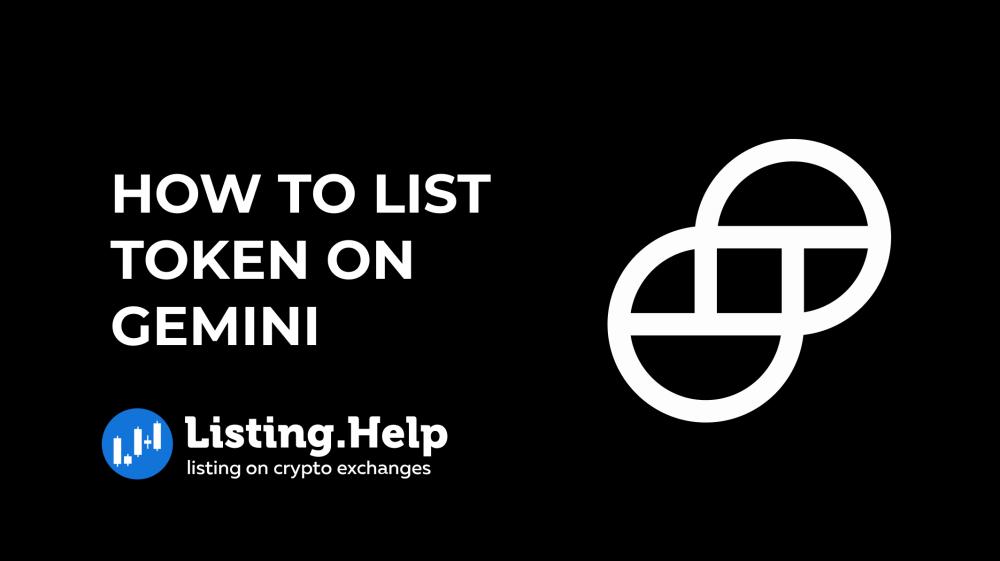


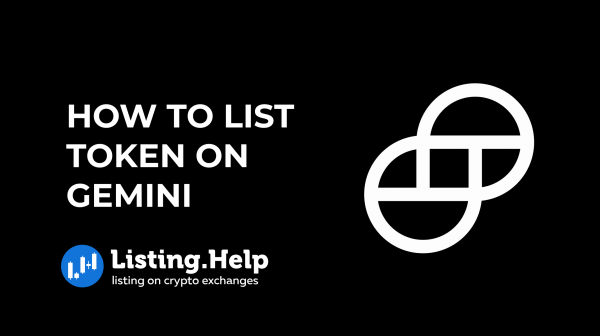
 October 9, 2025
October 9, 2025 